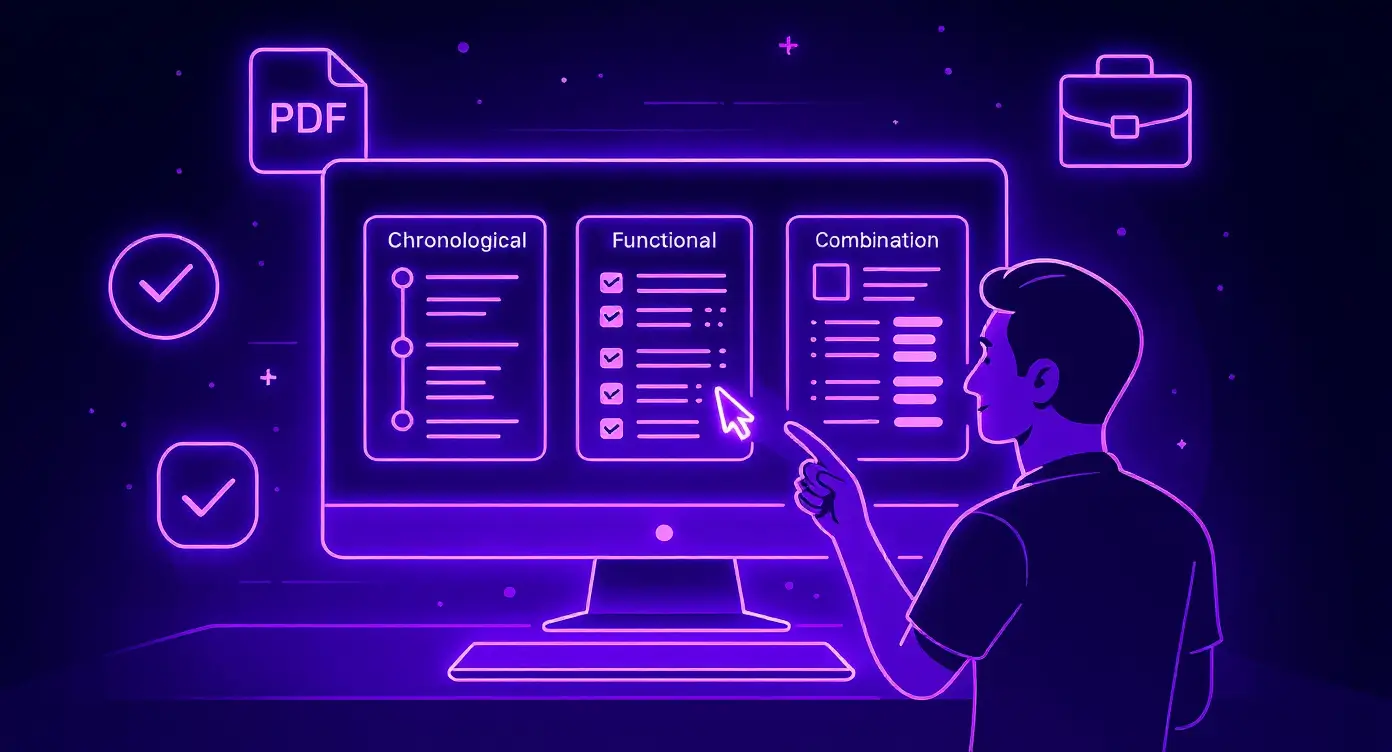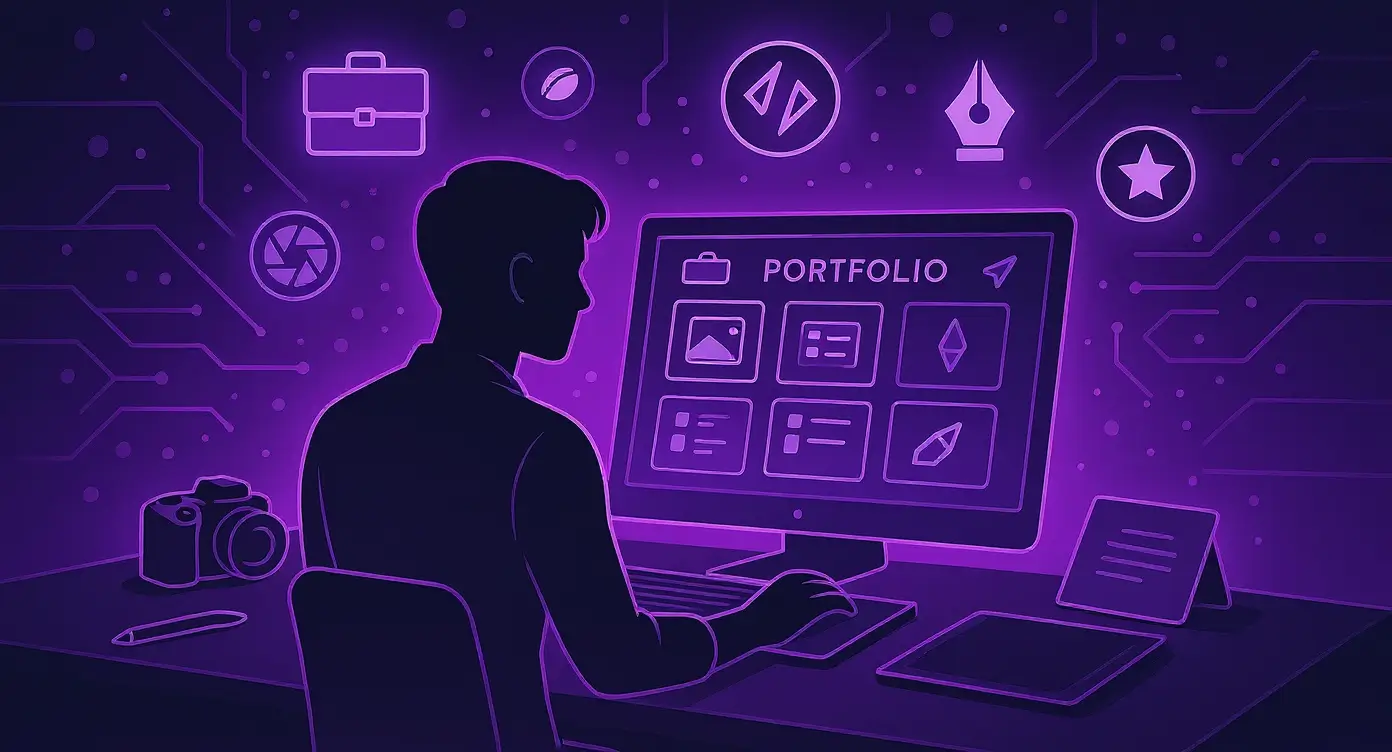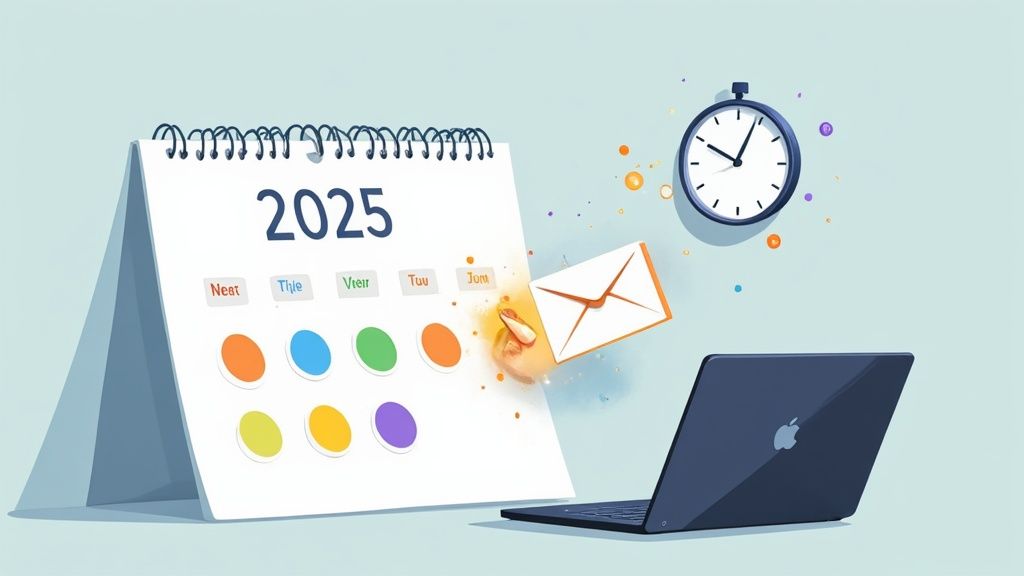Follow-up Interview Tips Prepare for Your Next Interview

Follow-up Interview Tips: Prepare for Your Next Interview
Your previous job interview went well. Now you’ve got another.
It’s time to prepare for your follow-up interview.
Don’t wait. You’ve got a lot of homework to do.
These follow-up interview tips will help you through the seven stages of your next interview preparation:
- Pre-interview research
- Plan your salary negotiation
- Generate interview questions
- Respond to interview questions
- Practice, practice, practice
- The day of the interview
- Post-interview follow-up
The clock is ticking.
Let’s get started.
Pre-Interview Research
You’re in the running to get hired because of what you know.
But what you know now isn’t quite enough. You must research the company you want to join, the role you’ll play there, and the latest happenings in your chosen industry.
Reflect on your previous interview
Your previous interview was successful, or you wouldn’t be asked back. Congratulations!
Now, think back on the feedback you received at your last interview. Remember the reactions you had to the interview, both during and after.
- What was the positive feedback you got?
- What parts didn’t go as well as you’d hoped?
- Did you know the answers to all the questions asked? Which might need more research?
Relive this successful interview and reinforce your memories of who was there, what they said, and how you responded. This information may be crucial in your follow-up interview.
Learn more about the company
Seek to understand this company’s latest achievements, culture, and challenges. Where do they fit into the industry?
Be prepared to discuss these issues intelligently with upper management, who may be at your follow-up interview.
Understand Your Role
You will likely be asked for your thoughts about your future role, and your attitude towards it tells the interviewers as much or more than your words.
Become educated about the role you will play at your new company. Do this not only for the sake of the interview but also for your sake. You need to be sure this job is a good fit for your skills and preferences. If it’s not a good fit, nobody will be happy.
Stay Current on Industry Trends
Don’t make the mistake of thinking only about this company or just about your needs and desires.
Do you know what’s going on in the bigger picture?
What is trending in your industry? How do these trends affect this company? Are they moving in a good direction for both the company’s prospects and your long-term career goals?
Plan Your Salary Negotiation
Although it’s often nerve-wracking, you must be ready to discuss your salary expectations.
Don’t undervalue yourself. They’ll pay for quality and value. Be prepared to demonstrate both.
Know your own unique worth. You’ll need to determine your minimum acceptable salary and your desired salary range. And don’t forget about benefits and incentives.
With thorough salary research, you can feel confident in proving your value and asking for fair or even premium compensation.
Generate Interview Questions
Asking insightful questions is an important—and telling—part of the interview. Excellent questions show you have depth, understanding, and the courage to seek answers to problems.
During the interview, questions will be asked by the interviewers and by yourself. They typically fall into a spectrum of concerns.
- Roles and responsibilities
- Professional development and growth
- Company strategy and culture
- Challenges and solutions
- Technology and innovation
- Feedback and performance
- Leadership and management
- Collaboration and team building
- Constructive personal insights
Also, anticipate technical or specialized questions about your job and your specialties.
Respond to Interview Questions
Write down your questions and answers. Use them later for practice.
When writing your answers, consider using the STAR story method. STAR means Situation, Task, Action, and Result. Using the STAR storytelling format shows professionalism and creates a persuasive monologue.
For example:
Situation
"Last year, I led a project to develop an innovative CRM tool integrating advanced analytics and AI for our sales team."
Task
"My task was to ensure the team learned and applied machine learning algorithms, which were new to us, to enhance the tool's effectiveness."
Action
"I organized online workshops, subscribed to courses, formed study groups, and sought expert advice to upskill the team in machine learning."
Result
"Our efforts led to the CRM tool's early completion, resulting in a 25% increase in sales efficiency and recognition by senior management for our innovative approach."
Always answer clearly, specifically, and on point. You’ll be admired for this.
Practice, Practice, Practice
The more questions and answers you practice, the better your chances of impressing your interviewers.
Practicing the questions you’ve come up with is one thing. But there is an element of surprise in all interviews. You can’t predict every question that may come your way. You must practice thinking on your feet.
Our service provides a complete platform for job search tasks, including an AI-powered Job Interview Buddy. This automated mock interview tool asks you directed questions based on the job description you supply.
Here's how you use it.
- Copy and paste your job description into the form.
- Click the “Generate Interview Questions” button.
- Receive tailor-made interview questions for you to answer. Type your answer into the box and get a review of how well you did. Continue until you feel prepared.
AI-assisted job search is helping people find great jobs with the right companies. AIApply supports you through the entire job search experience.
- Curated job board
- Custom résumé builder
- Résumé hosting online
- Targeted cover letters
- Interview Buddy
All documents generated are based on your supplied résumé and the current job description. All are ATS-friendly. This makes it far more likely a human will view your application.
Remember: Practice, practice, practice.
Interview Buddy can make it easy.
The Day of the Interview
You’ve been through at least one successful interview already.
You’ve got this.
Don’t forget:
- Dress appropriately and professionally. Fit into the culture.
- Make sure all your technology is working correctly and your phone is silenced.
- Have your résumé, portfolio, and all other relevant documents easily accessible during the interview.
- Approach the interview with a positive attitude. Have confidence in your qualifications. Smile.
- Knock ‘em dead.
Post-Interview Follow-up
When the interview is over, wait a day, then send a follow-up email. Thank them for their time. Be sure to mention something significant from the interview to refresh their memory of your outstanding performance. And reaffirm your interest in the position.
Your follow-through to the follow-up interview will be noticed and appreciated.
Now, go ahead. You’re ready.
Give them the best you’ve got.
Follow-up Interview Tips: Prepare for Your Next Interview
Your previous job interview went well. Now you’ve got another.
It’s time to prepare for your follow-up interview.
Don’t wait. You’ve got a lot of homework to do.
These follow-up interview tips will help you through the seven stages of your next interview preparation:
- Pre-interview research
- Plan your salary negotiation
- Generate interview questions
- Respond to interview questions
- Practice, practice, practice
- The day of the interview
- Post-interview follow-up
The clock is ticking.
Let’s get started.
Pre-Interview Research
You’re in the running to get hired because of what you know.
But what you know now isn’t quite enough. You must research the company you want to join, the role you’ll play there, and the latest happenings in your chosen industry.
Reflect on your previous interview
Your previous interview was successful, or you wouldn’t be asked back. Congratulations!
Now, think back on the feedback you received at your last interview. Remember the reactions you had to the interview, both during and after.
- What was the positive feedback you got?
- What parts didn’t go as well as you’d hoped?
- Did you know the answers to all the questions asked? Which might need more research?
Relive this successful interview and reinforce your memories of who was there, what they said, and how you responded. This information may be crucial in your follow-up interview.
Learn more about the company
Seek to understand this company’s latest achievements, culture, and challenges. Where do they fit into the industry?
Be prepared to discuss these issues intelligently with upper management, who may be at your follow-up interview.
Understand Your Role
You will likely be asked for your thoughts about your future role, and your attitude towards it tells the interviewers as much or more than your words.
Become educated about the role you will play at your new company. Do this not only for the sake of the interview but also for your sake. You need to be sure this job is a good fit for your skills and preferences. If it’s not a good fit, nobody will be happy.
Stay Current on Industry Trends
Don’t make the mistake of thinking only about this company or just about your needs and desires.
Do you know what’s going on in the bigger picture?
What is trending in your industry? How do these trends affect this company? Are they moving in a good direction for both the company’s prospects and your long-term career goals?
Plan Your Salary Negotiation
Although it’s often nerve-wracking, you must be ready to discuss your salary expectations.
Don’t undervalue yourself. They’ll pay for quality and value. Be prepared to demonstrate both.
Know your own unique worth. You’ll need to determine your minimum acceptable salary and your desired salary range. And don’t forget about benefits and incentives.
With thorough salary research, you can feel confident in proving your value and asking for fair or even premium compensation.
Generate Interview Questions
Asking insightful questions is an important—and telling—part of the interview. Excellent questions show you have depth, understanding, and the courage to seek answers to problems.
During the interview, questions will be asked by the interviewers and by yourself. They typically fall into a spectrum of concerns.
- Roles and responsibilities
- Professional development and growth
- Company strategy and culture
- Challenges and solutions
- Technology and innovation
- Feedback and performance
- Leadership and management
- Collaboration and team building
- Constructive personal insights
Also, anticipate technical or specialized questions about your job and your specialties.
Respond to Interview Questions
Write down your questions and answers. Use them later for practice.
When writing your answers, consider using the STAR story method. STAR means Situation, Task, Action, and Result. Using the STAR storytelling format shows professionalism and creates a persuasive monologue.
For example:
Situation
"Last year, I led a project to develop an innovative CRM tool integrating advanced analytics and AI for our sales team."
Task
"My task was to ensure the team learned and applied machine learning algorithms, which were new to us, to enhance the tool's effectiveness."
Action
"I organized online workshops, subscribed to courses, formed study groups, and sought expert advice to upskill the team in machine learning."
Result
"Our efforts led to the CRM tool's early completion, resulting in a 25% increase in sales efficiency and recognition by senior management for our innovative approach."
Always answer clearly, specifically, and on point. You’ll be admired for this.
Practice, Practice, Practice
The more questions and answers you practice, the better your chances of impressing your interviewers.
Practicing the questions you’ve come up with is one thing. But there is an element of surprise in all interviews. You can’t predict every question that may come your way. You must practice thinking on your feet.
Our service provides a complete platform for job search tasks, including an AI-powered Job Interview Buddy. This automated mock interview tool asks you directed questions based on the job description you supply.
Here's how you use it.
- Copy and paste your job description into the form.
- Click the “Generate Interview Questions” button.
- Receive tailor-made interview questions for you to answer. Type your answer into the box and get a review of how well you did. Continue until you feel prepared.
AI-assisted job search is helping people find great jobs with the right companies. AIApply supports you through the entire job search experience.
- Curated job board
- Custom résumé builder
- Résumé hosting online
- Targeted cover letters
- Interview Buddy
All documents generated are based on your supplied résumé and the current job description. All are ATS-friendly. This makes it far more likely a human will view your application.
Remember: Practice, practice, practice.
Interview Buddy can make it easy.
The Day of the Interview
You’ve been through at least one successful interview already.
You’ve got this.
Don’t forget:
- Dress appropriately and professionally. Fit into the culture.
- Make sure all your technology is working correctly and your phone is silenced.
- Have your résumé, portfolio, and all other relevant documents easily accessible during the interview.
- Approach the interview with a positive attitude. Have confidence in your qualifications. Smile.
- Knock ‘em dead.
Post-Interview Follow-up
When the interview is over, wait a day, then send a follow-up email. Thank them for their time. Be sure to mention something significant from the interview to refresh their memory of your outstanding performance. And reaffirm your interest in the position.
Your follow-through to the follow-up interview will be noticed and appreciated.
Now, go ahead. You’re ready.
Give them the best you’ve got.
Don't miss out on
your next opportunity.
Create and send applications in seconds, not hours.








